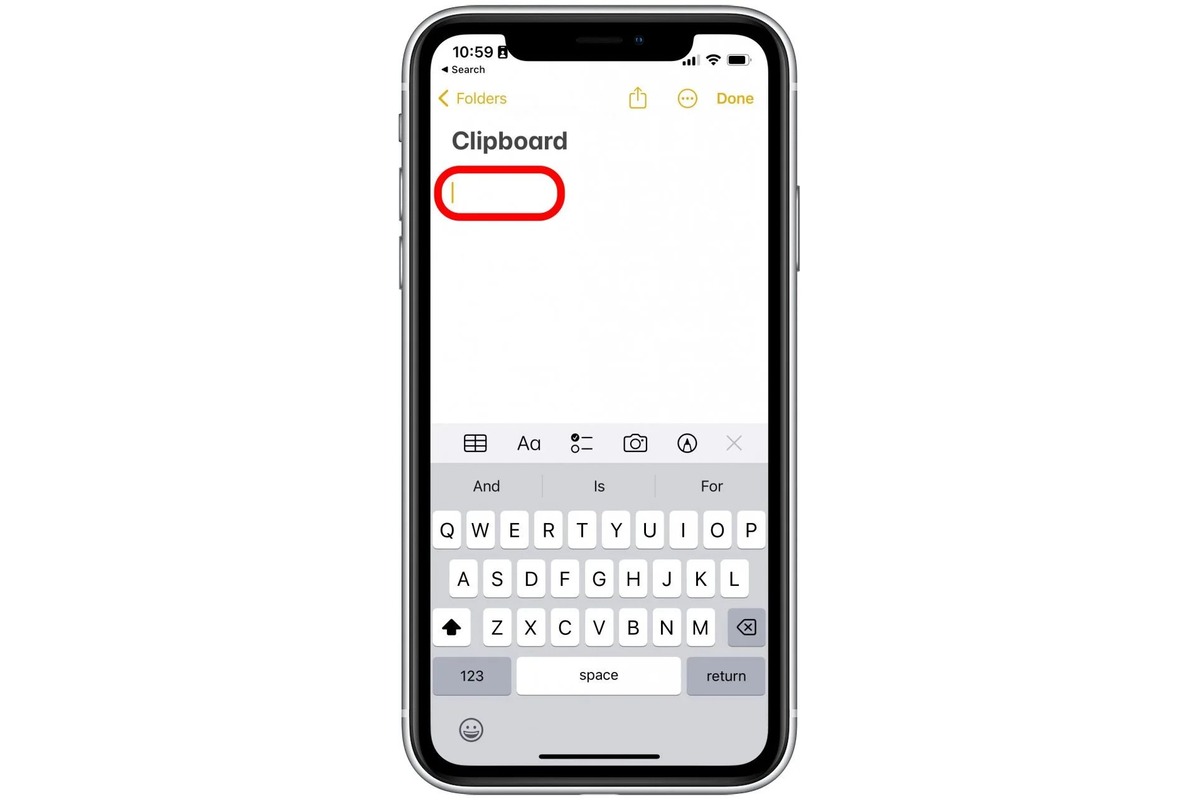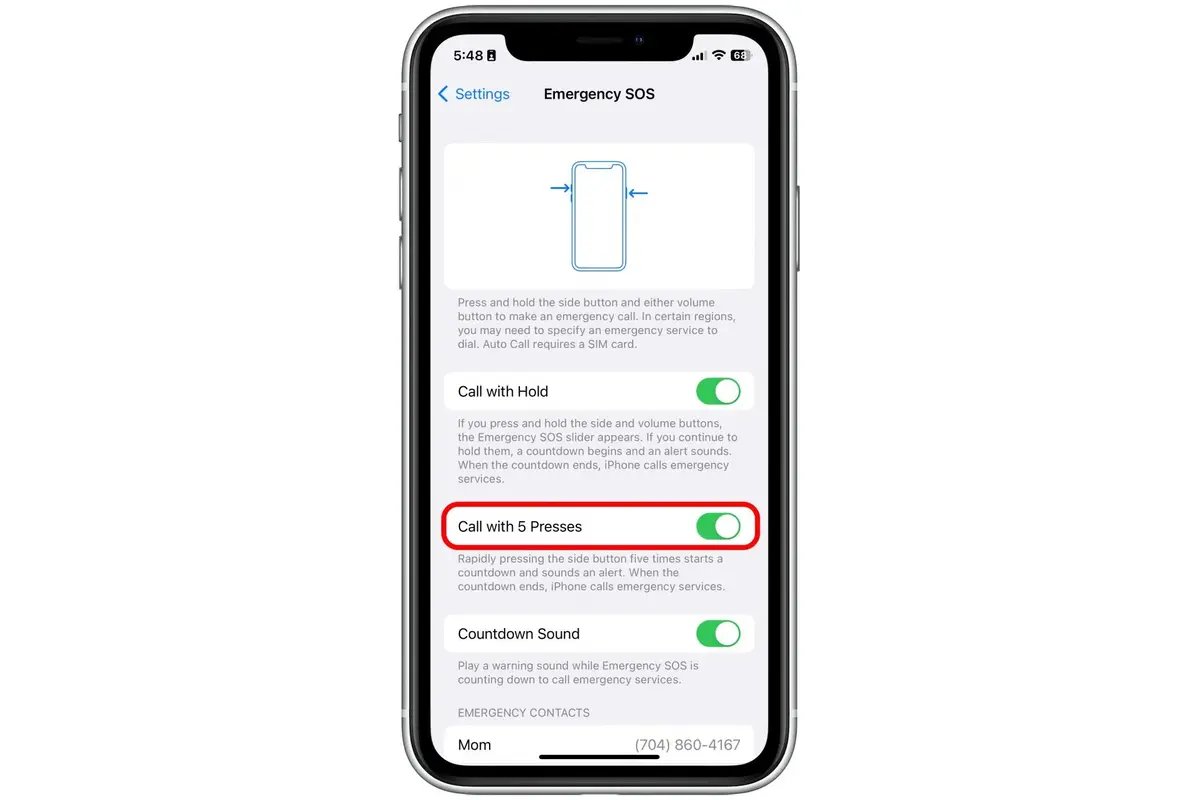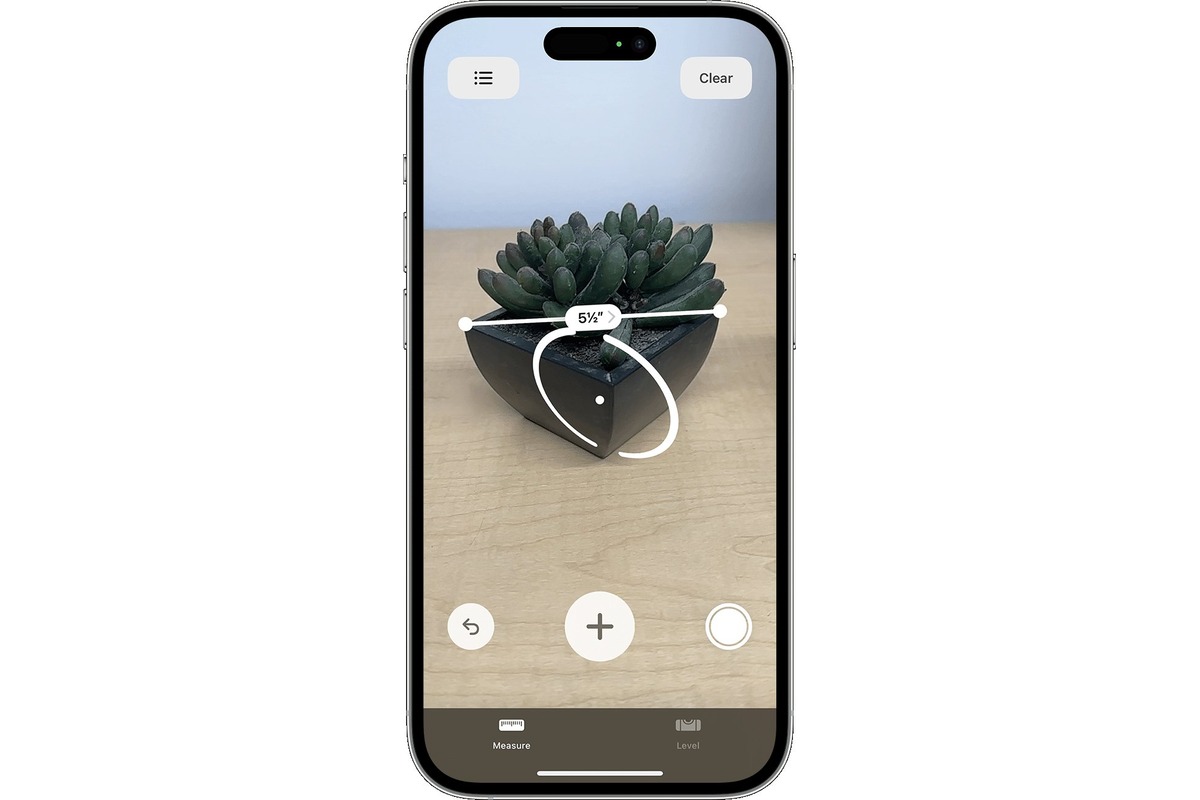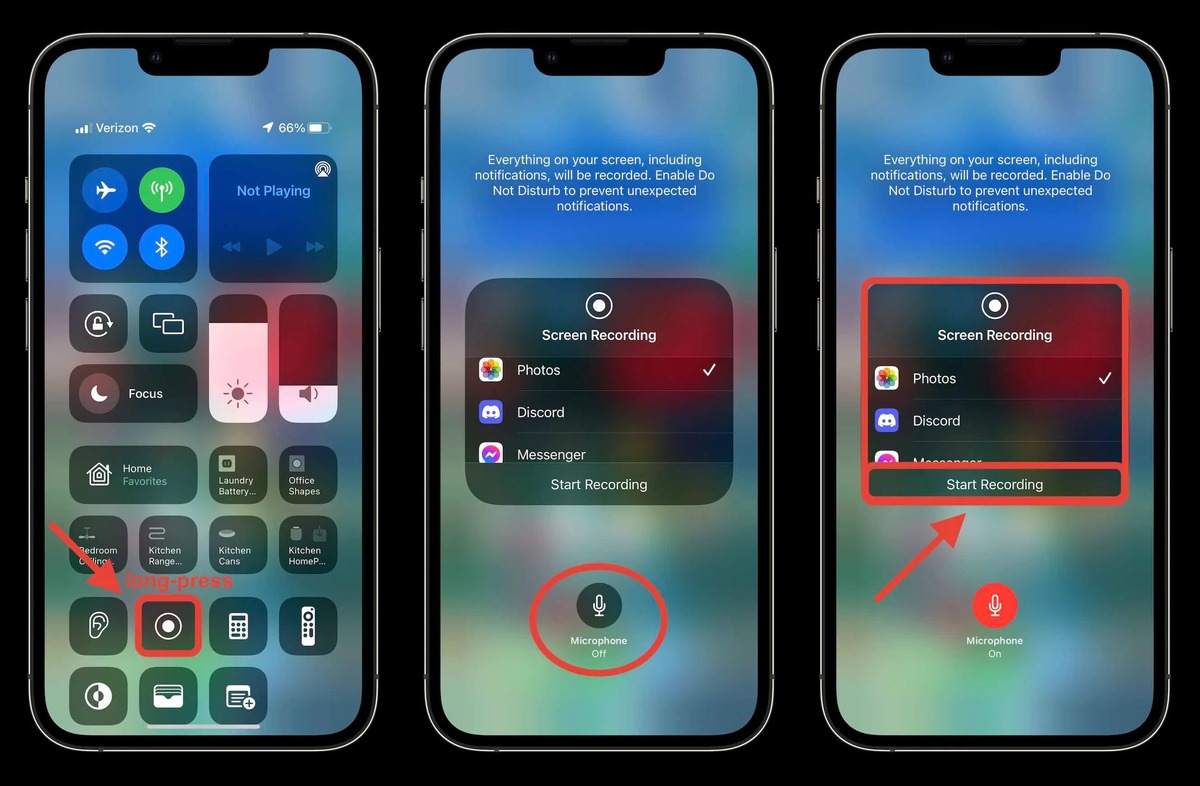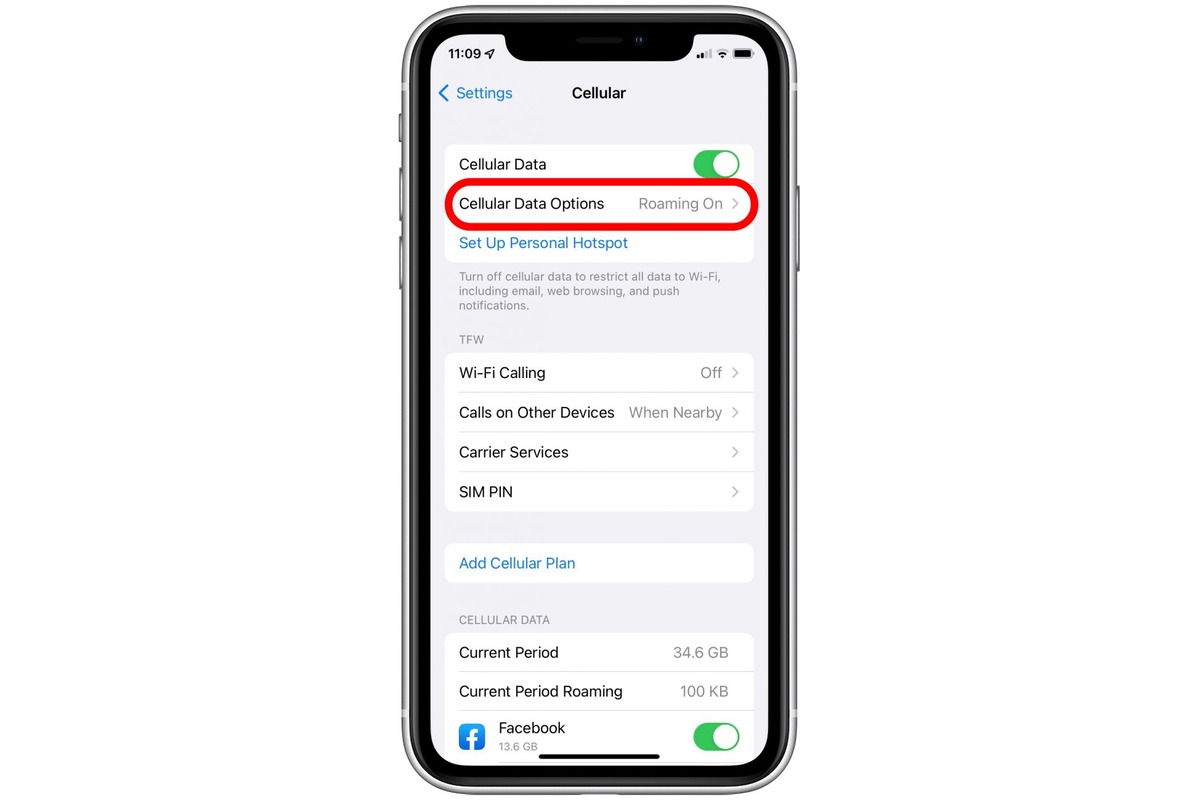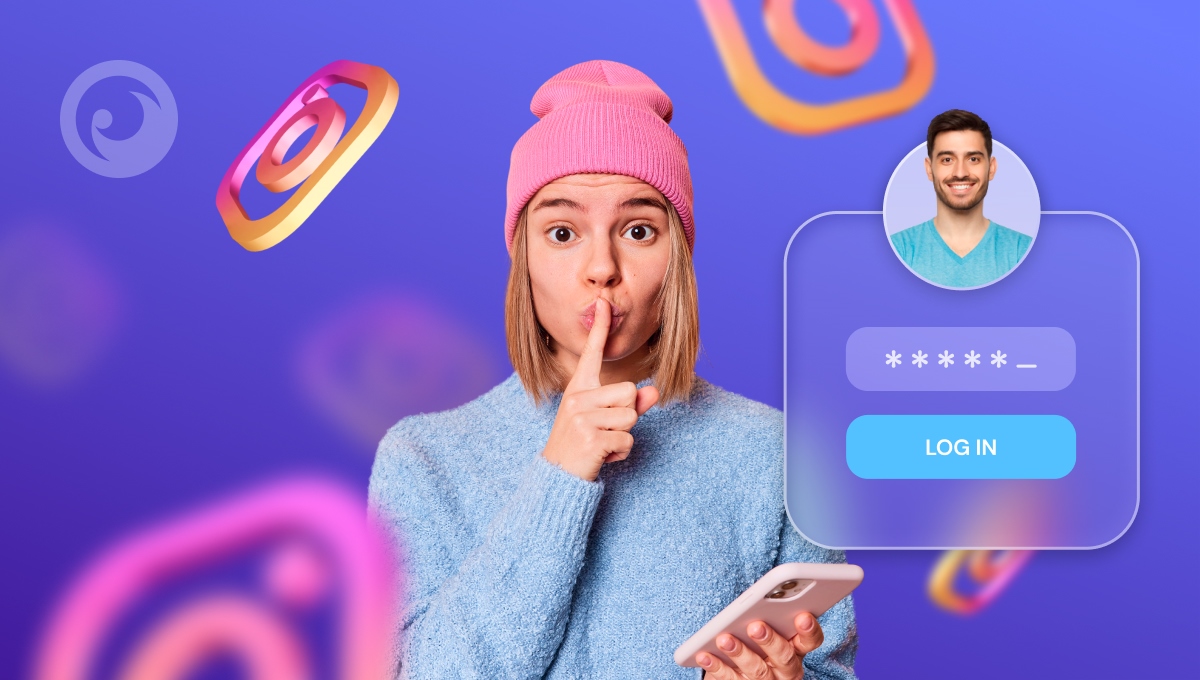Home>Technology and Computers>Can Employers Detect If I Use ChatGPT To Write My Cover Letters And What Would They Think Of It?


Technology and Computers
Can Employers Detect If I Use ChatGPT To Write My Cover Letters And What Would They Think Of It?
Modified: February 29, 2024
Employers may detect the use of ChatGPT for cover letters, impacting their perception. Understand the implications of using technology in your job search.
(Many of the links in this article redirect to a specific reviewed product. Your purchase of these products through affiliate links helps to generate commission for Noodls.com, at no extra cost. Learn more)
Table of Contents
Introduction
In the digital age, the use of artificial intelligence (AI) has permeated various aspects of our lives, including the realm of written communication. ChatGPT, a language generation model developed by OpenAI, has garnered attention for its ability to produce human-like text. As a result, individuals may wonder about the implications of using ChatGPT to craft cover letters for job applications. This article delves into the intricacies of ChatGPT, explores the possibility of employers detecting its use in cover letters, and examines potential perceptions associated with this practice.
The rise of AI-powered language models has significantly transformed the way people generate written content. ChatGPT, in particular, has demonstrated remarkable proficiency in mimicking human language patterns and producing coherent, contextually relevant text. Its capabilities have led to widespread utilization in various applications, ranging from customer service chatbots to content creation tools. However, as individuals seek to leverage these advancements for personal use, questions arise regarding the potential repercussions of employing AI-generated content in professional settings.
The process of crafting a cover letter is traditionally regarded as a reflection of an individual's communication skills, professionalism, and genuine interest in a job opportunity. However, the introduction of AI-generated text introduces a new dimension to this practice. As job seekers explore innovative methods to streamline the application process, the prospect of using ChatGPT to compose cover letters becomes increasingly plausible. Consequently, it becomes imperative to address the potential implications of integrating AI-generated content into this critical aspect of the job search process.
By delving into the nuances of ChatGPT and its potential impact on cover letter composition, this article aims to provide insights into the intersection of AI technology and professional communication. It seeks to shed light on the considerations that individuals should contemplate when contemplating the use of AI-generated text in their job application materials. Additionally, it aims to explore the potential perceptions and implications that may arise if employers were to detect the utilization of ChatGPT in cover letters.
Understanding ChatGPT
ChatGPT, developed by OpenAI, represents a significant advancement in the field of natural language processing (NLP) and AI. At its core, ChatGPT is a language generation model that leverages a deep learning architecture known as the transformer. This architecture enables ChatGPT to process and analyze vast amounts of text data, subsequently generating human-like responses based on the input it receives.
One of the defining features of ChatGPT is its ability to understand and contextualize text inputs, allowing it to produce coherent and contextually relevant outputs. This is achieved through its training on a diverse range of internet text, encompassing literature, articles, websites, and other publicly available sources. The extensive exposure to varied linguistic patterns equips ChatGPT with a robust understanding of language nuances, enabling it to generate responses that closely resemble human-generated text.
Furthermore, ChatGPT's architecture enables it to capture long-range dependencies within the input text, facilitating the generation of responses that exhibit a high degree of coherence and relevance. By considering the broader context of the input it receives, ChatGPT can produce responses that reflect a deep understanding of the subject matter, making it adept at simulating human-like conversational interactions.
The model's proficiency in understanding and generating text has positioned it as a versatile tool with applications across diverse domains. From assisting in content creation to powering chatbots and virtual assistants, ChatGPT has demonstrated its capacity to emulate human language with remarkable accuracy.
In the context of cover letter composition, individuals may turn to ChatGPT as a resource for formulating compelling and articulate narratives that effectively convey their qualifications and motivations. The model's ability to generate coherent text based on prompts makes it an attractive option for streamlining the writing process, potentially offering valuable assistance to individuals seeking to craft impactful cover letters.
As the capabilities and implications of ChatGPT continue to unfold, it becomes essential for individuals to grasp its underlying mechanisms and potential impact on various facets of communication, including the professional realm. By understanding the intricacies of ChatGPT, individuals can better evaluate its role in their writing processes and gain insights into the considerations associated with its utilization in diverse contexts.
Detecting ChatGPT in Cover Letters
Detecting the utilization of ChatGPT-generated content in cover letters poses a complex challenge for employers, given the model's proficiency in emulating human language. While traditional plagiarism detection tools may flag direct matches to publicly available text, identifying the specific use of ChatGPT presents a more nuanced obstacle. Unlike instances of verbatim plagiarism, where identical passages can be readily pinpointed, ChatGPT's output is original in nature, making it inherently distinct from pre-existing text.
Employers seeking to discern the presence of AI-generated content in cover letters may resort to multifaceted approaches. One potential method involves analyzing the linguistic patterns and stylistic nuances exhibited within the text. ChatGPT's distinctive ability to emulate human language may manifest in subtle idiosyncrasies that deviate from the typical writing style of an individual. Employers could scrutinize the coherence, vocabulary richness, and syntactic structures within the cover letter to discern irregularities that may indicate the intervention of AI-generated content.
Furthermore, the integration of specific prompts or keywords tailored to job descriptions within the cover letter could serve as a telltale sign of AI assistance. ChatGPT's responsiveness to prompts enables it to generate tailored responses based on input, potentially resulting in the incorporation of job-specific terminology or industry jargon. Employers attuned to the nuances of their respective fields may recognize incongruities between the applicant's background and the language employed, raising suspicions regarding the authenticity of the content.
Another avenue for detecting ChatGPT's involvement lies in the analysis of the cover letter's thematic coherence and narrative flow. Given ChatGPT's capacity to generate contextually relevant text, its utilization may inadvertently lead to inconsistencies or disjointed transitions within the cover letter. Employers adept at evaluating the narrative cohesiveness and logical progression of content may discern anomalies that hint at the intervention of AI-generated text.
In the evolving landscape of AI-driven communication, the detection of ChatGPT in cover letters necessitates a comprehensive understanding of linguistic nuances, contextual relevance, and thematic coherence. Employers navigating this terrain must remain vigilant in discerning the subtle markers that may indicate the integration of AI-generated content, thereby upholding the integrity of the hiring process.
Employer Perceptions
Employer perceptions regarding the utilization of ChatGPT in cover letters encompass a spectrum of potential reactions, influenced by factors such as organizational culture, industry norms, and individual attitudes toward AI technology. As employers encounter cover letters potentially augmented by AI-generated content, diverse perspectives may emerge, shaping their interpretations and responses to this phenomenon.
Some employers may view the integration of ChatGPT-generated text in cover letters as a demonstration of resourcefulness and adaptability on the part of applicants. Recognizing the evolving landscape of technology and its impact on communication, these employers may appreciate the strategic use of AI tools to enhance the articulation of qualifications and motivations. Such forward-thinking perspectives may regard the incorporation of AI-generated content as a reflection of the applicant's willingness to leverage innovative resources, potentially signaling an openness to embracing technological advancements within the workplace.
Conversely, certain employers may approach the detection of ChatGPT in cover letters with skepticism, raising concerns regarding the authenticity and genuineness of the applicant's communication. In contexts where traditional written communication holds significant value, the introduction of AI-generated content may prompt apprehension regarding the candidate's ability to convey original thoughts and express genuine interest in the position. Employers adhering to conventional paradigms of communication may perceive the use of AI-generated text as a departure from established norms, potentially casting doubts on the applicant's communication skills and authenticity.
Furthermore, the perception of ChatGPT's presence in cover letters may intersect with broader considerations related to ethical and professional conduct. Employers inclined toward stringent evaluation of ethical standards and professional integrity may scrutinize the use of AI-generated content through a lens of ethical propriety. The ethical implications of leveraging AI tools to craft cover letters may prompt deliberations on the boundaries of technological intervention in personal expression, influencing perceptions of the applicant's ethical discernment and adherence to professional norms.
Ultimately, employer perceptions of ChatGPT in cover letters reflect a confluence of contextual dynamics, organizational ethos, and individual predispositions. As the prevalence of AI-driven text generation continues to permeate professional spheres, the diversity of employer attitudes underscores the multifaceted nature of this phenomenon, necessitating nuanced considerations and adaptable perspectives within the realm of talent evaluation.
Conclusion
The intersection of AI technology and professional communication introduces a compelling confluence of considerations for both job seekers and employers. The advent of ChatGPT and its potential integration into cover letter composition underscores the evolving landscape of written communication in the digital age. As individuals navigate the prospect of leveraging AI-generated content in their job application materials, it becomes imperative to recognize the multifaceted implications and perceptions associated with this practice.
The utilization of ChatGPT in cover letters presents a paradigm that intertwines technological innovation, linguistic authenticity, and professional discernment. Job seekers contemplating the integration of AI-generated text must weigh the benefits of enhanced articulation and narrative cohesiveness against the potential implications on employer perceptions. Understanding the intricate nuances of ChatGPT and its capacity to emulate human language empowers individuals to make informed decisions regarding its role in their writing processes.
Employers, in turn, are tasked with discerning the presence of AI-generated content in cover letters, navigating the complexities of linguistic analysis and thematic coherence to uphold the integrity of talent evaluation. The diverse spectrum of employer perceptions underscores the dynamic nature of this phenomenon, reflecting a tapestry of attitudes shaped by organizational culture, industry norms, and ethical considerations.
As the realms of AI technology and professional communication continue to converge, the discourse surrounding the integration of ChatGPT in cover letters necessitates adaptable perspectives and nuanced evaluations. The strategic utilization of AI-generated content underscores the evolving landscape of communication, prompting reflections on resourcefulness, adaptability, and ethical discernment within the context of talent assessment.
Ultimately, the considerations surrounding ChatGPT in cover letters underscore the imperative for individuals and employers to navigate the evolving terrain of AI-driven communication with astuteness and adaptability. By embracing a nuanced understanding of the implications and perceptions associated with AI-generated content, stakeholders can navigate this paradigm with discernment, fostering an environment of informed evaluation and strategic utilization within the realm of professional communication.


